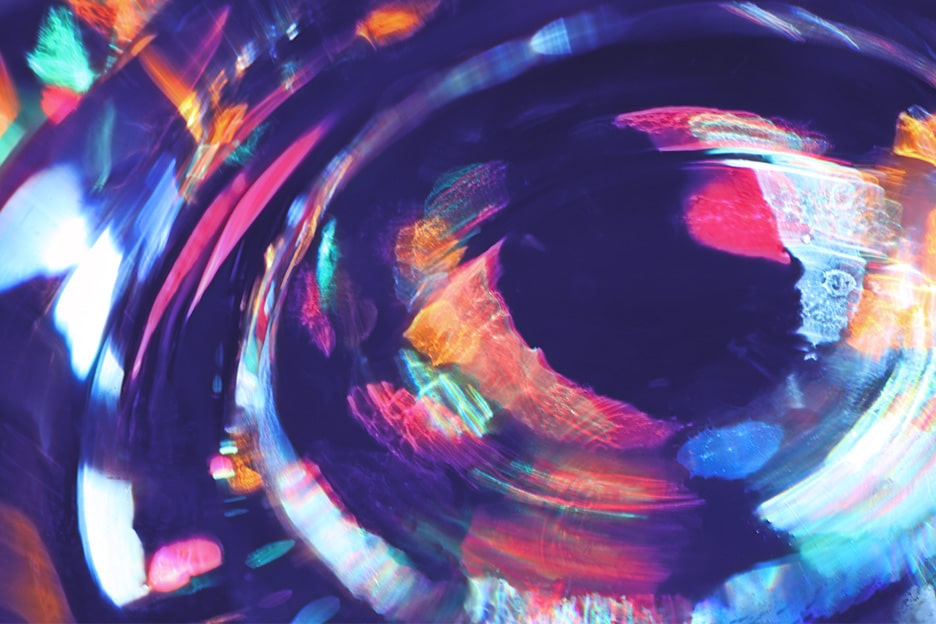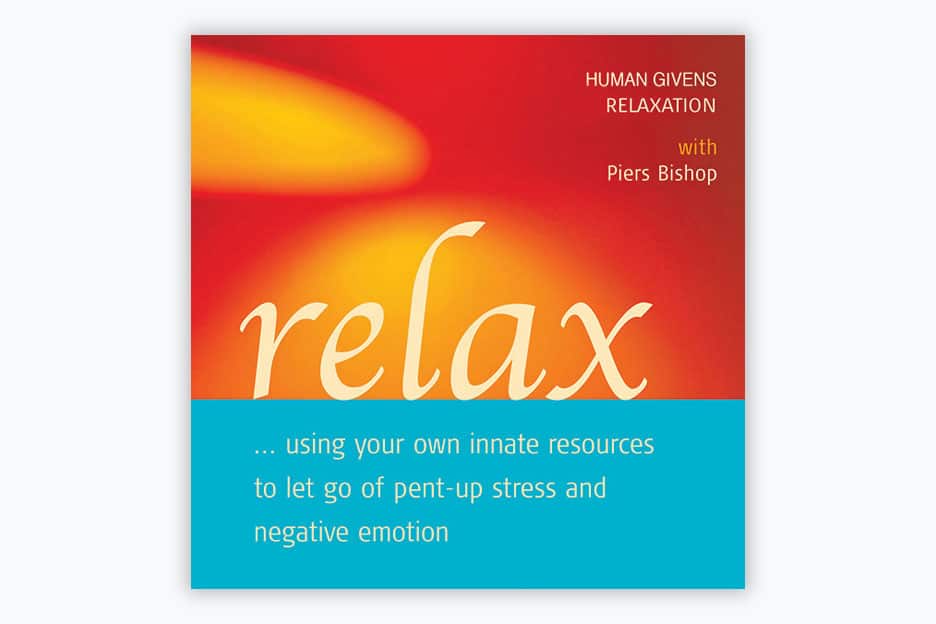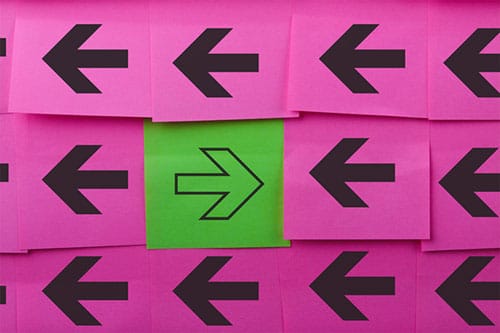How to escape from acne anxiety
It’s a ‘breakout’ to be welcomed
Key points:
- Acne affects a significant number of teenagers, causes emotional distress when it is severe, and it doesn’t always go away.
- Drug treatments can help but not always. However, we can reliably make a difference by shifting the way we think.
- The secret is to take control – by sending out the signals about ourselves that we want others to pick up on.
My mother said it would all go away when I was 21. Even to my impressionable 14-year-old ears, it sounded overly optimistic that the acne plaguing my skin would magically vanish when I reached that bewitching age; and, indeed, by the time I reached it, I was already reluctantly resigned to the reality that the acne was going nowhere.
It consumed my teenage attention, as I desperately sampled every new treatment and agonised in front of the mirror, bemoaning each new boisterous blackhead, flaming pustule or stubborn cyst that emerged to join its 10 or 20 fellows, already jockeying for position. It ruined my confidence and led me to slink about, hoping not to be noticed.
So I was pleased to see that, for the first time, the National Institute for Health and Care Excellence (NICE) has issued a guideline for the treatment of acne. Published last month, it emphasises, along with pharmacological and photodynamic therapies, the importance of mental health support for those suffering severe distress as a result of the condition.
As Dr Paul Chrisp, director of the Centre for Guidelines at NICE, said, ‘Not everyone with acne will experience high levels of psychological distress, but it’s important that we find ways to support those that do.’ Singled out for concern are those with a current or past history of depression, anxiety, suicidal thinking and self-harm.
For acne is a highly visible affliction, which arrives at an age when, with hormones and sense of identity all in turmoil, we are least equipped to cope with it. And far from disappearing at 21, it may persist well into adulthood for many.
There is now an ‘acne positivity’ movement, with bloggers and influencers who have acne courageously daring to bare it. And, although they suffer some appalling trolling, they are helping hundreds and thousands of others to realise that they don’t have to be defined by their acne.
This article was first published on Psychology Today, and was written by Denise Winn.


